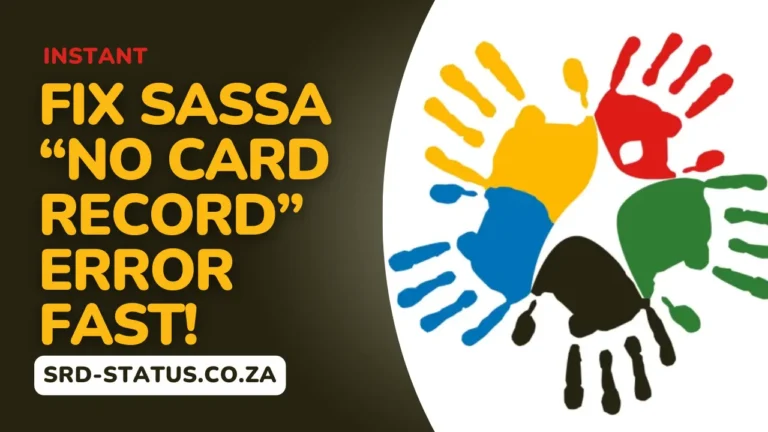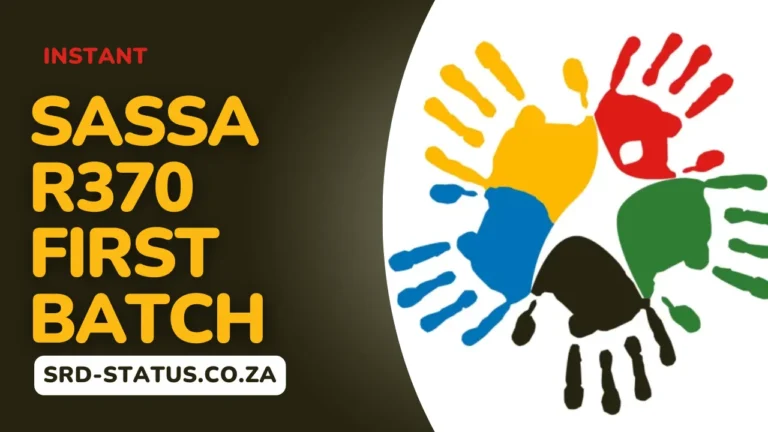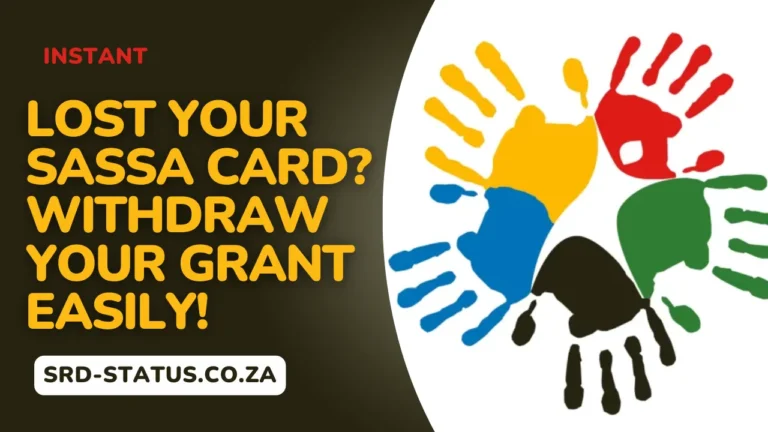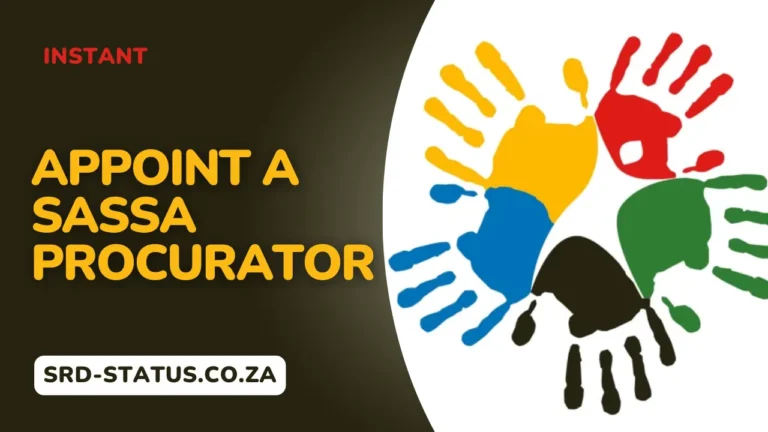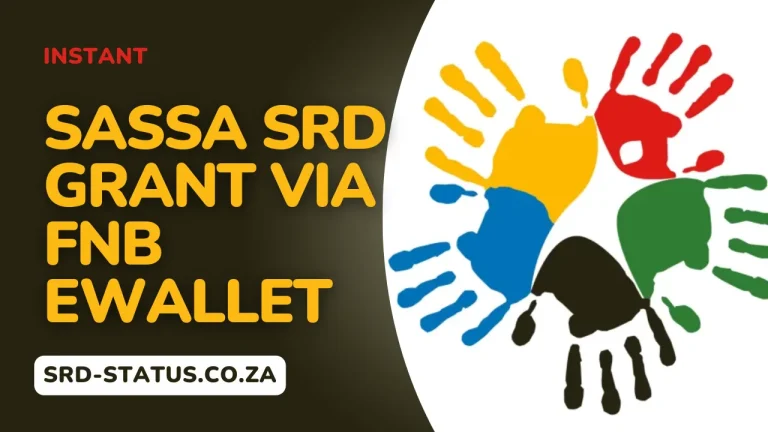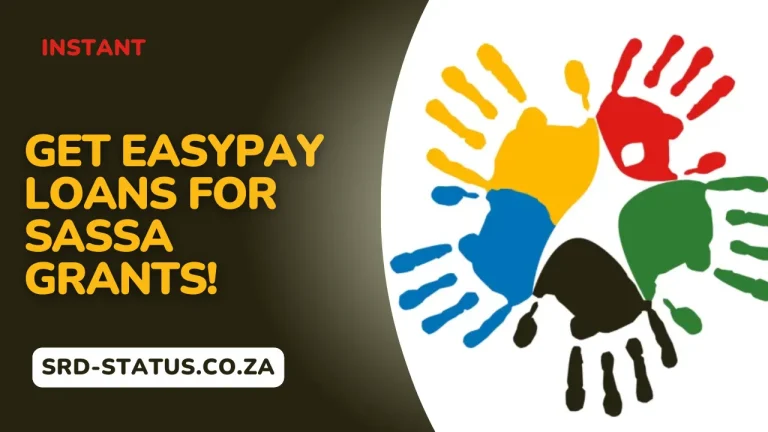SASSA Grant Income Limits 2025: Eligibility and Thresholds
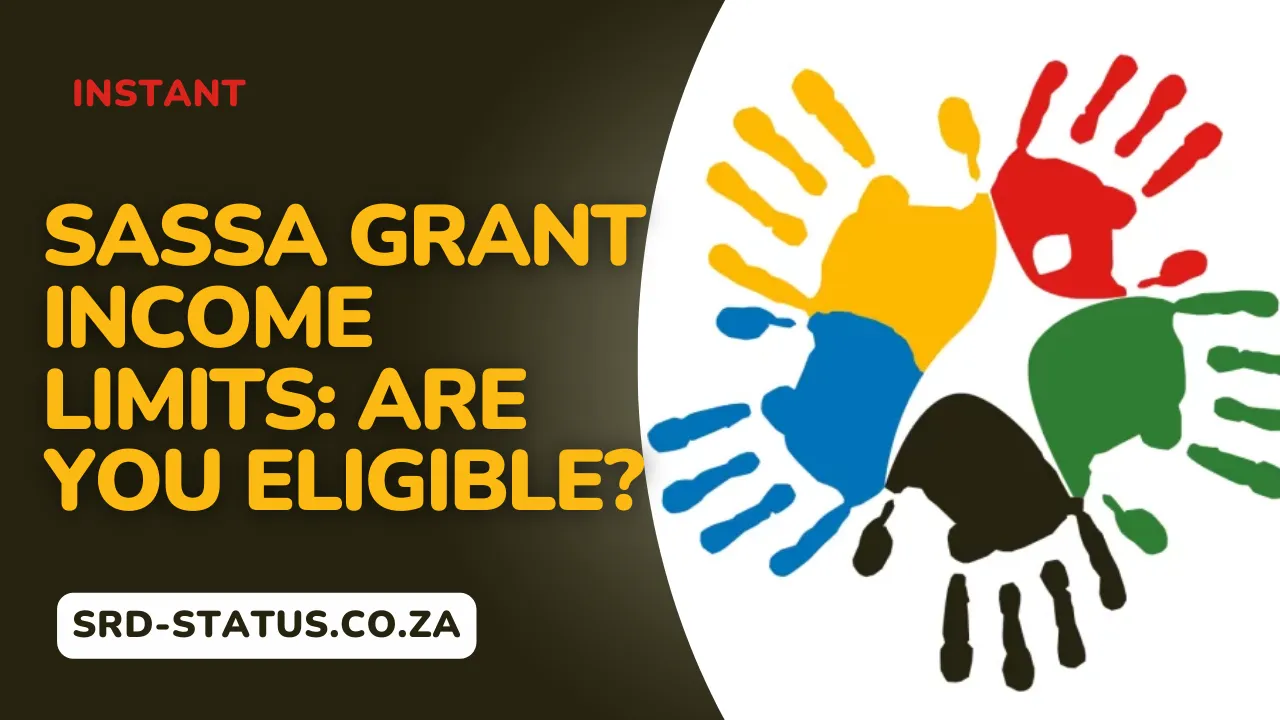
South African Social Security Agency (SASSA) grant system can feel overwhelming, especially when you’re unsure if your income disqualifies you. Many South Africans miss out on vital financial support because they don’t fully understand the income thresholds for SASSA grants.
Whether you’re applying for the Social Relief of Distress (SRD) grant, Child Support Grant, or Older Person’s Grant, knowing the income limits is key to determining eligibility.
In this guide, I’ll break down the 2025 income limits for each SASSA grant, explain the means test, and share practical tips to help you apply successfully. My insights come from researching official government sources and staying updated on SASSA’s latest policies, ensuring you get accurate and reliable information.
SASSA Grant Income Limits (Quick Answer)
To qualify for SASSA grants in 2025, your income must fall below specific thresholds, depending on the grant type:
- SRD Grant: Less than R624 per month.
- Child Support Grant: R5,300 per month (single) or R10,600 per month (married).
- Care Dependency Grant: R22,800 per month (single) or R45,600 per month (married).
- Disability Grant: R8,900 per month or R106,800 annually (single); R17,800 per month or R213,600 annually (married).
- Older Person’s Grant: R8,900 per month or R106,800 annually (single); R17,800 per month or R213,600 annually (married).
- Foster Child Grant: No income limit.
Note: These figures are updated for 2025 based on official sources and reflect inflation adjustments. Always verify with SASSA for the latest thresholds.
Why Income Limits Matter for SASSA Grants
SASSA uses income limits to ensure grants reach those in genuine financial need. These thresholds are part of a means test, which evaluates both your income and assets. Exceeding the income limit for a specific grant can lead to rejection, so understanding these rules is crucial before applying.
In 2025, SASSA has adjusted income thresholds to account for rising living costs, making it easier for low-income households to qualify. Below, I’ll detail the income limits for each grant type, along with eligibility criteria and tips to avoid common application pitfalls.
Income Limits for SASSA Grants in 2025
Here’s a detailed breakdown of the income thresholds for each SASSA grant, updated for 2025. These figures are sourced from official government websites and recent announcements to ensure accuracy.
1. Social Relief of Distress (SRD) Grant
The SRD grant, set at R370 per month, supports unemployed individuals facing extreme financial hardship. It’s extended through March 2026, with potential increases under review.
- Monthly Income Limit: Less than R624 per month (unchanged from 2024).
- Who Qualifies: South African citizens, permanent residents, or refugees aged 18–59 with no other income sources (e.g., UIF, NSFAS, or other grants).
- Key Note: SASSA checks your bank account monthly. Funds exceeding R624 may suspend your grant. Ensure accurate banking details to avoid delays.
Tip: Apply online at https://srd.sassa.gov.za/ and update your contact information regularly to stay informed about payment status.
2. Child Support Grant (CSG)
The Child Support Grant, increased to R570 per month in April 2025, helps primary caregivers provide for children under 18.
- Income Limits:
- Single Caregivers: Less than R5,300 per month (R63,600 annually).
- Married Caregivers: Combined household income below R10,600 per month (R127,200 annually).
- Who Qualifies: South African citizens, permanent residents, or refugees who are the child’s primary caregiver. The child must reside in South Africa and not be in a state institution.
- Key Note: Only the caregiver’s income is considered, not the child’s. You can apply for up to six non-biological children.
Tip: Bring a bar-coded ID and the child’s birth certificate when applying at a SASSA office. Keep a receipt of your application as proof.
3. Care Dependency Grant (CDG)
This grant, increased to R2,230 per month in 2025, supports caregivers of children under 18 with severe disabilities requiring full-time care.
- Income Limits:
- Single Applicants: Less than R22,800 per month (R273,600 annually).
- Married Applicants: Combined income below R45,600 per month (R547,200 annually).
- Who Qualifies: Caregivers of children with severe disabilities, confirmed by a medical report. Both caregiver and child must reside in South Africa.
- Key Note: The higher income limit reflects the significant costs of caring for a disabled child.
Tip: Ensure your medical report is less than three months old when applying to avoid rejection.
4. Disability Grant
The Disability Grant, raised to R2,230 per month in 2025, supports individuals with permanent or temporary disabilities that prevent them from working.
- Income Limits:
- Single Applicants: Less than R8,900 per month (R106,800 annually).
- Married Applicants: Combined income below R17,800 per month (R213,600 annually).
- Who Qualifies: South African citizens, permanent residents, or refugees aged 18–59 with a medical report confirming disability. Must not reside in a state-funded institution.
- Key Note: Temporary grants require reapplication after six to twelve months.
Tip: Schedule a medical assessment with a SASSA-approved doctor and bring all relevant medical records to support your application.
5. Older Person’s Grant
The Older Person’s Grant, increased to R2,230 per month (R2,250 for those over 75), supports seniors aged 60 and older with limited income.
- Income Limits:
- Single Seniors: Less than R8,900 per month (R106,800 annually).
- Married Seniors: Combined income below R17,800 per month (R213,600 annually).
- Who Qualifies: South African citizens, permanent residents, or refugees aged 60+ residing in South Africa. Must not receive another SASSA grant or live in a state institution.
- Key Note: Assets like property or investments may also affect eligibility.
Tip: If you’re too frail to visit a SASSA office, a family member can apply on your behalf with a doctor’s note.
6. Foster Child Grant
The Foster Child Grant, raised to R1,850 per month in April 2025, supports legal foster parents caring for children.
- Income Limit: No income limit.
- Who Qualifies: Foster parents with a court order for foster care. The child must be under 18 and reside in South Africa.
- Key Note: This grant prioritizes the child’s needs, so the caregiver’s income is not assessed.
Tip: Provide a valid foster care court order when applying to ensure a smooth process.
Understanding the SASSA Means Test
SASSA’s means test evaluates both income and assets to determine eligibility. Even if your income is below the threshold, owning significant assets could disqualify you. Here’s what SASSA considers:
Income Sources
- Salaries, wages, or business earnings.
- Payments from UIF, RAF, or COIDA.
- Private pensions or dividends.
Assets
- Money in bank accounts (yours or your spouse’s).
- Value of properties or land (excluding your primary residence).
- Investments like shares or retirement annuities (if retired).
Example: For the Disability Grant, a single applicant’s income must be below R8,900 monthly, and assets shouldn’t exceed R1,479,600. For married applicants, combined assets must be under R2,959,200.
Tip: Be transparent about your finances. SASSA verifies information with banks and SARS, and false declarations can lead to rejection or legal consequences.
What Happens If You Earn Too Much?
If your income exceeds the threshold for a specific grant, SASSA will reject your application. For example:
- Earning R700 per month disqualifies you from the SRD grant (limit: R624).
- A married couple earning R11,000 monthly won’t qualify for the Child Support Grant (limit: R10,600).
What to Do:
- Reapply if Circumstances Change: If your income drops (e.g., job loss), reapply with updated proof.
- Appeal a Rejection: If you believe the rejection was unfair, appeal within 90 days via the Department of Social Development.
- Monitor Ongoing Grants: For grants like SRD, SASSA conducts monthly checks. Report income changes promptly to avoid suspension.
Tip: Contact SASSA at 0800 60 10 11 or email [email protected] for assistance with appeals or updates.
Income Limits Summary Table
| SASSA Grant Type | Single Applicant Limit | Married Applicant Limit |
| SRD Grant | Less than R624/month | Less than R624/month |
| Child Support Grant | Less than R5,300/month | Less than R10,600/month |
| Care Dependency Grant | Less than R22,800/month | Less than R45,600/month |
| Disability Grant | Less than R8,900/month | Less than R17,800/month |
| Older Person’s Grant | Less than R8,900/month | Less than R17,800/month |
| Foster Child Grant | No income limit | No income limit |
How to Ensure SASSA Eligibility
To boost your chances of qualifying for a SASSA grant:
- Check Income Limits: Use the table above to confirm your grant’s threshold.
- Gather Documentation: Prepare proof of income (payslips, bank statements) and assets (property deeds, investment records).
- Be Honest: Provide accurate information to avoid delays or penalties.
- Update SASSA Promptly: Notify SASSA of income or asset changes via https://www.sassa.gov.za/ or at a local office.
- Seek Assistance: Visit a SASSA office or call 0800 60 10 11 for guidance.
Tip: Keep copies of all documents submitted to SASSA for your records.
Conclusion
Understanding the 2025 SASSA grant income limits is essential for accessing financial support. From the strict R624 monthly limit for the SRD grant to the higher thresholds for Care Dependency and Disability grants, these rules ensure aid reaches those who need it most.
By preparing accurate documentation, staying within income and asset limits, and promptly reporting changes, you can streamline your application process. For the latest updates or assistance, visit https://www.sassa.gov.za/ or contact SASSA directly. Take the first step today to secure the support you’re entitled to.
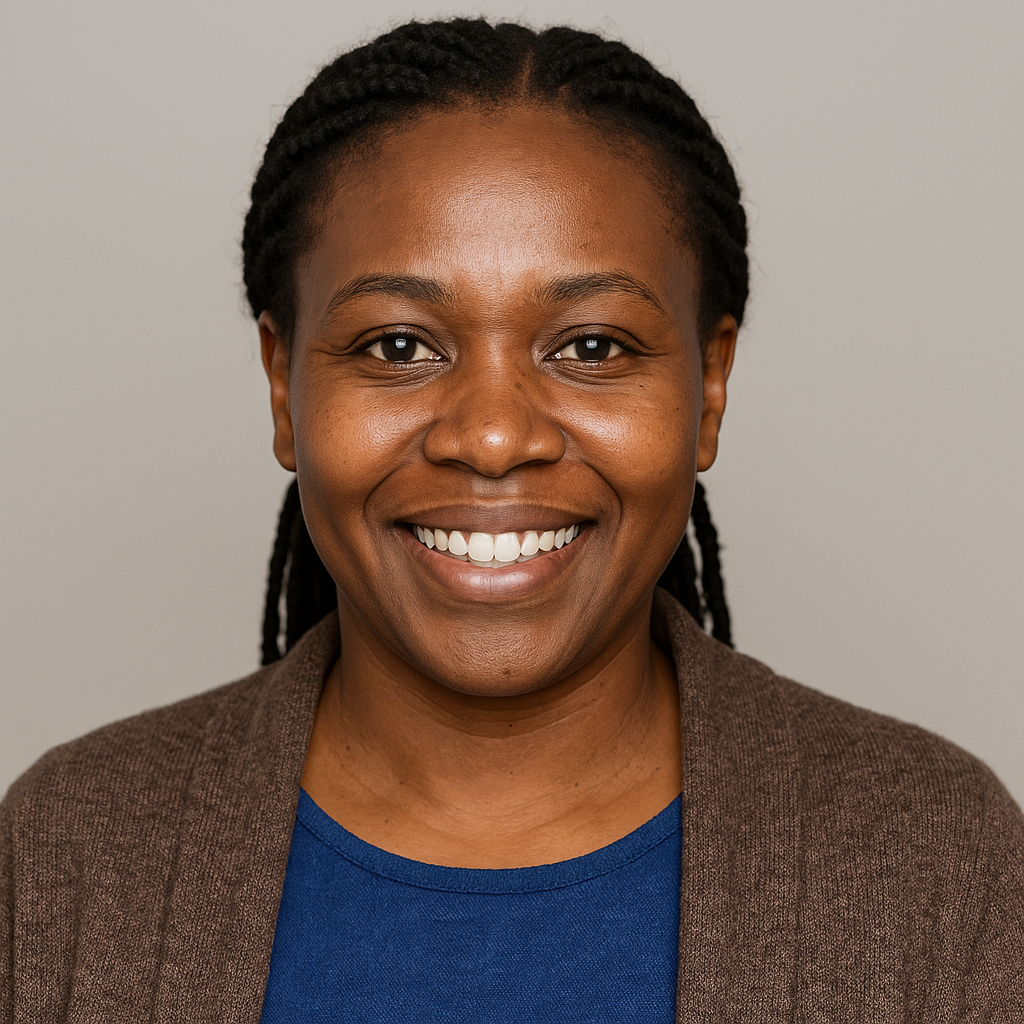
I’m a South African social development writer and grant education advocate with over 5 years of hands-on experience helping citizens understand and access SASSA services. I specializes in breaking down complex government processes into easy-to-read guides that empower low-income families, unemployed youth, and senior citizens.
As a community outreach volunteer and former SASSA liaison assistant, I have personally helped over 3,000 individuals apply for and manage their SRD grants, Child Support Grants, and Disability Grants.

